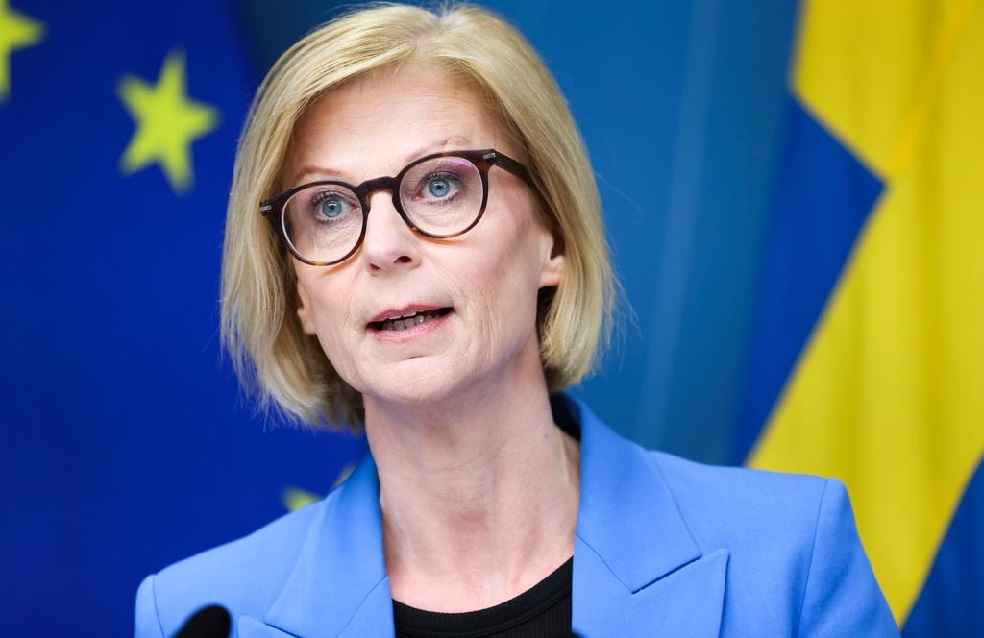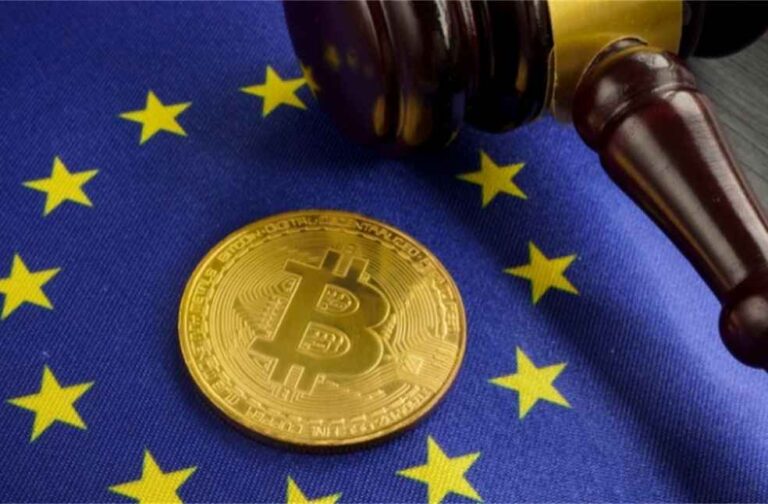EU Crypto Assets Regulation: On Tuesday, the European Union (EU) took a significant step towards establishing a more regulated crypto industry. The EU’s Council, representing 27 member states, unanimously gave final approval to the landmark Markets in Crypto Assets regulation (MiCA) and agreed on new anti-money laundering measures for crypto funds transfers. This move places the EU as the first major global jurisdiction with a crypto licensing framework.
MiCA will mandate crypto entities, including wallet providers and exchanges, to acquire a license for operating across the bloc. The law also requires issuers of stablecoins to maintain adequate reserves. Although the primary features of MiCA were politically consented in June, administrative delays have postponed its enactment. Now, significant provisions are expected to come into force around a year after its likely publication in the bloc’s official journal in June or July.
Later in the day, the ministers agreed on additional measures designed to compel crypto providers to disclose their customers’ holdings to tax authorities. This data will be shared within the bloc to prevent the hiding of funds in secret overseas wallets.

The new tax rules, known as DAC8, were proposed by the European Commission in December, based on a model from the Organisation for Economic Co-operation and Development (OECD). The latest draft of the bill was released last Friday. However, the law isn’t effective yet as the European Parliament hasn’t provided its non-binding opinion on the matter.
“I am very pleased that today we are delivering on our promise to start regulating the crypto-assets sector. Recent events have confirmed the urgent need for imposing rules which will better protect Europeans who have invested in these assets, and prevent the misuse of the crypto industry for the purposes of money laundering and financing of terrorism,” stated Elisabeth Svantesson, the finance minister of Sweden who chaired the discussions.

Valdis Dombrovskis, executive vice-president for an Economy that Works for People, added, “Crypto-assets and e-money have great potential to drive economic activity and innovation – but they also carry risks of reducing transparency and enabling tax evasion or fraud. Updating our tax rules to address these issues will help national administrations to collect tax more efficiently and keep up with evolving technology as Europe moves forward with its digital transition.”
DON’T MISS IT: UAE-India Undersea Gas Pipeline: The $5B Energy Game-Changer



